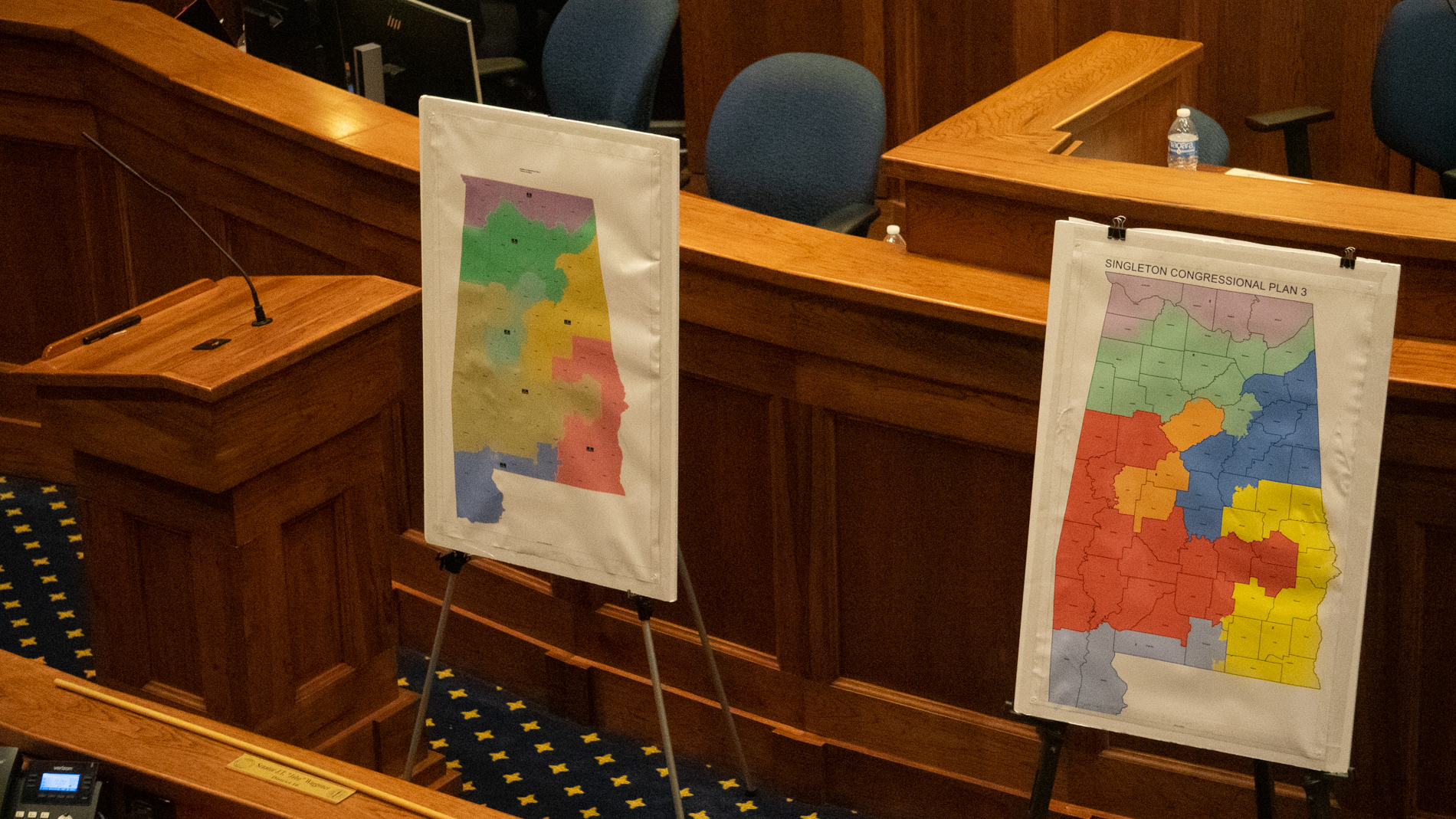|
Getting your Trinity Audio player ready...
|
The National Redistricting Foundation will appear in court next week in an attempt to ensure Alabama’s Black voters remain fairly represented.
NRF is a nonprofit affiliate of the National Democratic Redistricting Committee, a Democrat-aligned PAC. NRF describes its mission as working to “develop more fair electoral maps while ensuring that state legislatures adhere to the tenets of the U.S. Constitution and the Voting Rights Act, among other critical state and federal voting protections.”
The U.S. Supreme Court’s 2023 ruling in Allen v. Milligan, in which NRF was a plaintiff, ruled against the legality of Alabama’s 2021 congressional district map.
In Caster v. Allen, set to begin Feb. 10, NRF seeks to ensure the state permanently rejects it’s 2021 map and keeps its current map in place for the remainder of the decade.
NRF points out that Black voters make up 27 percent of Alabama’s voting age population, yet the state’s 2021 congressional district map only includes one Black opportunity district in its seven districts. According to NRF, this districting meant Alabama’s Black voters had power to choose only 14 percent of the state’s congressional delegation.
After the U.S. Supreme Court determined Alabama’s 2021 map was in violation of Section 2 of the Voting Rights Act, the state was ordered by a lower federal court to redraw the congressional map to include two Black opportunity districts. NRF said the Alabama Legislature, however, again drew a map with only one.
The revised map was challenged by plaintiffs, including NRF, in court leading to the adoption of the state’s current congressional map with two Black opportunity districts.
“This was not the first time the state defied court orders intended to protect the rights of Black voters. To this day the state of Alabama has never enacted a Voting Rights Act compliant map without a court forcing it to do so,” said NRF Executive Director Marina Jenkins of the state’s response to Allen v. Milligan during a press briefing regarding Caster v. Allen’s start next week.
Jenkins pointed to the fact that, following the current map’s implementation, Alabama elected two Black House of Representatives members for the first time in the state’s history in 2024.
Alabama Attorney General Steve Marshall said following Allen v. Milligan’s verdict, “My Office will continue our fight to defend the 2023 map, which was enacted by the people’s representatives, and which complies with both the Voting Rights Act and the Constitution’s promise that governments should be colorblind.”
According to Jenkins, NRF’s upcoming court appearance, “is a clear-cut case, and it should be an easy decision for the court,” pointing out that both the U.S. Supreme Court and the federal court which redrew the map, “have already agreed that a textbook application of Section 2 requires a map with two Black opportunity districts.”
“This case isn’t just about a congressional map. It’s about representation and living up to the fundamental ideal of our democracy, that every individual has the right to exercise self-determination at the ballot box. If we value equal representation and fairness we must fight to keep this map in place,” Jenkins said.
She continued, “For decades, Black Alabamians have been systematically denied their rightful representation at the local, state and federal level. All of that must end. The long-term effects of depriving a community of a seat at the table can be seen in disparities in multiple aspects of life such as higher poverty rates, low-median household incomes, high infant mortality rates and lack of access to city service.”
Jenkins outlined Alabama’s arguments against the case which assert that Section 2 grants no right to private legal action against states in response to its violation.
“Essentially the state is claiming that individuals have no right to sue the state under Section 2 and that enforcement of Section 2 lays solely with the U.S. Attorney General,” Jenkins said, continuing, “If this interpretation is accepted, it would make it much more difficult to enforce the Voting Rights Act. This position is outrageous and is not consistent with practice or what courts have historically ruled on the Voting Rights Act.”
The Justice Department in May of last year issued a statement in favor of the citizens’ right to pursue legal action to enforce Section 2.
Jenkins went on to highlight how, of the 182 successful Section 2 cases filed from 1981 to 2021, all but 15 were brought by private plaintiffs.
“The baseless arguments presented by the state of Alabama in this case are not unique to just this one state,” Jenkins said, pointing to redistricting cases brought against the states of Georgia and Louisiana.
When asked if she felt apprehension regarding NRF’s ability to pursue redistricting cases utilizing landmark civil rights legislation during Trump’s administration, Jenkins said, “We have no problem seeking enforcement of the laws that exist in this country.”
The trial for the case is set to be held before Alabama’s Northern District court on Feb. 10 beginning at 10 a.m. CT.














































